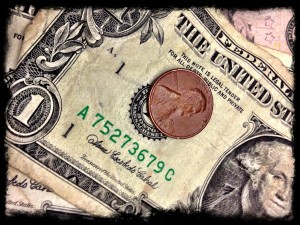Micropayments provide faster results and some immediate gratification that can keep you motivated. Rather than eating out or splurging on something that you don’t really need, immediately apply that money to pay down your credit card balance. Instead of paying a certain amount once a month, divide that payment in half and pay that amount every two weeks. Consumers can even sign up for an electronic transfer of your funds to take place every two weeks. By the end of the year, you will have made 26 payments or the equivalent of 13 monthly payments. The extra monthly payment resulting from this payment plan will enable you to pay down your debt at a faster pace.
If you are planning to make micropayments, consumers may want to call their credit card company to verify that separate payments can be made and will be credited to their monthly minimum. See if your issuer has any restrictions or limitations on making additional payments.
Holiday shopping is just around the corner, and consumers need to have their credit card balances as low as possible in order to avoid costly interest charges. One way to do this is to make micropayments on their credit card bill. While we are conditioned to pay our credit card bill once a month, consumers can actually make a number of smaller payments throughout the month. Some banks and issuers allow payments to be made as often as once a day. If you carry a balance, micropayments can reduce the interest because most credit card companies charge interest based on your average daily balance during the month. Pay more often and you reduce your average daily balance and therefore the interest you pay that month.
If you have more than one card with a balance, keep paying the minimums for each card, but pick one card to pay off first. Select either the card with the highest interest rate (save more money) or the card with the lowest balance (pay it off faster). Stop charging on that card, using another card for purchases.
There are several other advantages to making micropayments when paying down credit card debt:
You may have better control of your payments. If you are paid weekly or bi-weekly, money can slip away by the end of the month. Designate a specific day after you are paid to send in a payment for your credit card. Four $50 payments or two $100 payments are sometimes easier to make than a monthly $200 payment. It is also easier to add a little extra money to smaller payments.
In time, micropayments can help raise your credit score. An organized, scheduled payment plan can help you avoid late payments and pay more than the minimum due. Both of these are important elements for a good credit score.
Micropayments can reduce financial stress. Making payments right after payday at a time when you actually have the money will likely reduce anxiety and financial stress.
The higher your interest rate, the more you will save.
The disadvantage to the micropayment plan is that it takes time, organization and financial discipline to make the plan work and this may be difficult for some people.
